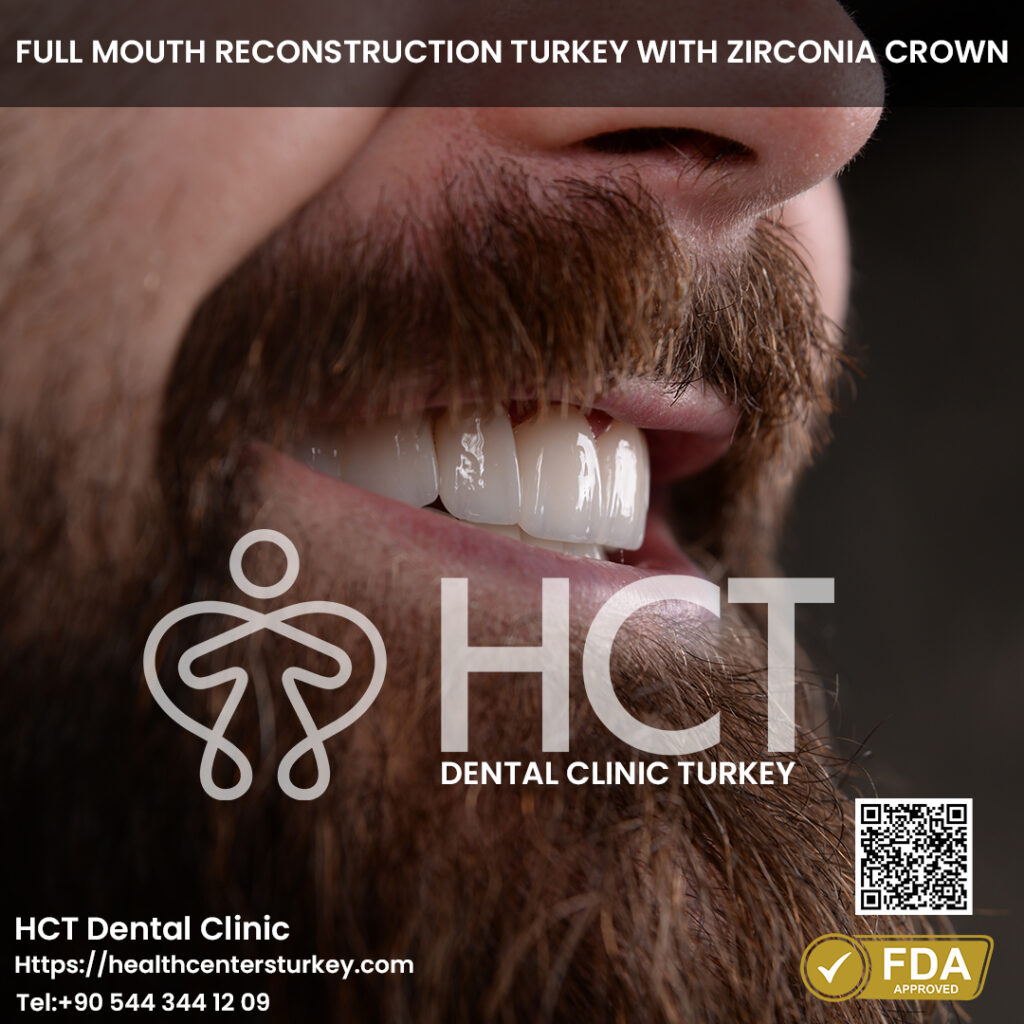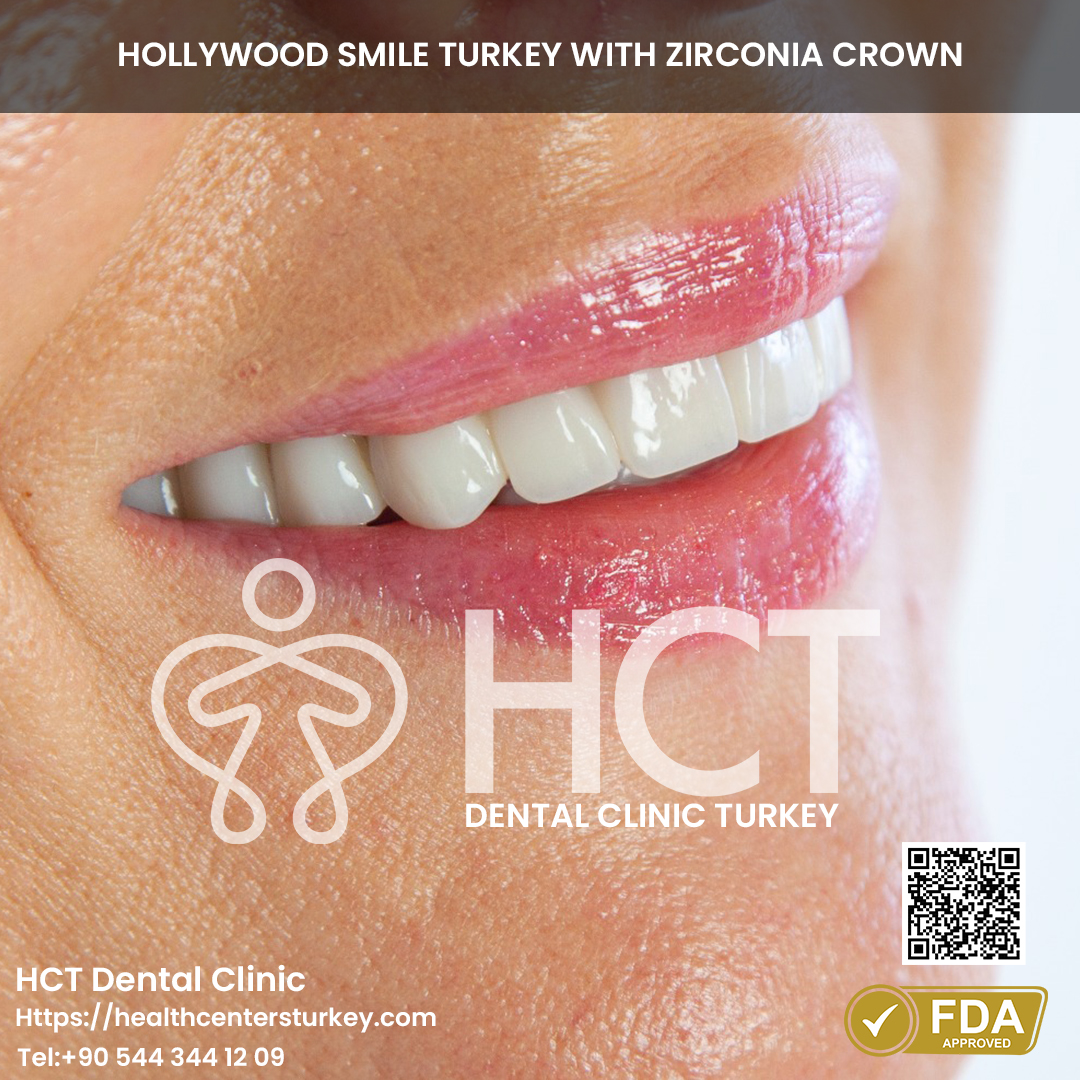Low-cost Smile Enhancement Options in Turkey
Low-cost Smile Enhancement Options in Turkey
Blog Article
Access World-Class Dental Services in Turkey
Dental implants have become a preferred solution for these looking to replace missing teeth. Understanding how these implants can affect adjacent teeth is important for anybody considering this process, in addition to for dentists and specialists concerned in dental care.

One vital facet is that dental implants are designed to be anchored into the jawbone, which means they're unbiased of adjacent teeth. Unlike dental bridges, which often require the alteration of neighboring teeth, implants can fill the hole without compromising the health or structure of those surrounding teeth.
This independence helps keep the integrity of adjacent teeth. When a tooth is lost, there can be a natural tendency for neighboring teeth to tilt or shift into the empty house. Such movement can result in misalignment, which may have an effect on chew and general oral health. By placing an implant, you successfully prevent this potential shift, selling better alignment in the long term.
All-Inclusive Cosmetic Solutions available in Turkey for a Beautiful Smile
Additionally, dental implants help keep bone density within the jaw. A natural tooth root supplies stimulation to the encompassing bone, keeping it wholesome and strong. When a tooth is missing, the bone can start to deteriorate as a end result of lack of stimulation. With a dental implant mimicking a natural root, bone loss can be minimized, which not directly benefits adjacent teeth by preserving the general structure of the dental arch.
While dental implants are advantageous, improper placement can impact neighboring teeth. If an implant is positioned too shut to another tooth, it might exert undue pressure on that tooth, resulting in discomfort or potential damage. Proper planning and imaging methods are essential for avoiding such points.
Attain Your Best Smile with State-of-the-Art Dental Solutions in Turkey
Moreover, maintaining good oral hygiene is essential after receiving an implant. If not correctly cleaned, surrounding teeth might turn into susceptible to dental points such as decay or gum disease. This underscores the significance of diligent oral care following the procedure to make sure each implants and adjacent teeth remain wholesome.
Regular dental check-ups are also very important for monitoring the health of surrounding teeth. Dentists can establish any shifts or potential problems early, allowing for well timed interventions. This proactive approach ensures that each the implant and adjacent teeth can coexist with out complications.
Elevating Care Standards in Turkish Dental Clinics
Another consideration is the influence of implants on bite pressure. When a single tooth is missing, the load of chewing could shift to adjacent teeth, probably resulting in wear or strain. Implants restore correct bite dynamics by redistributing forces within the mouth, which might protect surrounding teeth from undue stress.
Some sufferers could raise considerations in regards to the appearance of dental implants. Well-placed implants can blend seamlessly with present teeth, bettering overall aesthetics. In contrast, failing to switch a missing tooth can lead to aesthetic issues, together with collapsing of facial structure and changes in smile dynamics.
It's also value discussing the psychological aspects of dental health. Experiencing tooth loss can adversely have an effect on one’s vanity and willingness to have interaction socially. By restoring your smile with implants, you can positively affect not only your oral health but also your emotional well-being.
Long-term success of dental implants typically hinges on numerous components, together with the patient's health, maintenance habits, and the quality of the initial process. If adjacent teeth are wholesome and correctly cared for, the chances are high that they will continue to thrive alongside the implants.
Economical Oral Health Treatments that Deliver Smile Perfection
In conclusion, dental implants play an important function in not simply restoring particular person smiles, but in preserving the health and structure of adjacent teeth. By preventing shifting, maintaining bone density, and redistributing chew forces, implants can make certain that surrounding teeth stay in optimum condition. Proper placement, hygiene, and regular dental visits can further enhance the benefits of dental implants, leading to a healthier, more assured smile for years to come back.
- Dental implants may help maintain the alignment of adjacent teeth by offering a secure anchor, preventing adjacent teeth from shifting into the hole left by a missing tooth.
- The presence of an implant may stimulate bone development in the jaw, serving to to preserve the overall structure and integrity of the adjacent teeth.
- Unlike conventional bridges, implants don't require alteration of surrounding teeth, thus preserving their power and anatomy.
- Implants can improve the distribution of chew forces evenly throughout the dental arch, decreasing the stress on neighboring teeth throughout chewing.
- A well-integrated dental implant can decrease the chance of bone loss within the space surrounding adjacent teeth, contributing to their long-term health and stability.
- The aesthetics of adjacent teeth may be improved because of the assist supplied by implants, which may result in better overall cosmetic outcomes.
- With proper placement, dental implants can prevent gum recession round adjacent teeth by sustaining sufficient dental structure.
- Implants might help mitigate the risks of periodontal disease in nearby teeth by promoting healthy gum tissue and offering a washable floor.
- Long-term success of dental implants can lead to improved oral hygiene routines, which in turn benefits the health of surrounding teeth.
- The improved functional ability of an implant can encourage sufferers to chew extra successfully, thus growing saliva production and aiding within the safety of adjacent dental tissues.undefinedHow do dental implants affect adjacent teeth?
What are dental implants and how do they interact with adjacent teeth?undefinedDental implants are synthetic tooth roots that are surgically positioned into the jawbone. They provide a stable click over here basis for replacement teeth while ensuring minimal disruption to adjacent teeth, preserving their integrity and alignment. Innovative Dental Procedures to Suit Your Needs.
Comprehensive Smile Makeover Options offered in Antalya
Can dental implants cause problems for nearby natural teeth?undefinedGenerally, dental implants don't hurt adjacent natural teeth. However, if the implant isn't placed appropriately or if there’s inadequate oral hygiene, it may lead to issues similar to adjacent tooth decay or gum disease.

Will getting a dental implant change the best way my adjacent teeth feel?undefinedMost patients report no change in the sensation of adjacent teeth after implant placement. However, it may take some time to adjust to the presence of the implant, similar to how one may adapt to other dental restorations.
Can dental implants help preserve the health of adjacent teeth?undefinedYes, dental implants may help preserve the health of adjacent teeth by stopping bone loss that may happen after tooth loss. This preservation helps the alignment of close by teeth, decreasing the chance of shifting or misalignment.
Exceptional Dental Options aimed at Tourists in Turkey
Do I need to modify adjacent teeth when getting an implant?undefinedTypically, adjacent teeth don't want alteration when inserting an implant. This is amongst the advantages of dental implants over conventional bridges, which frequently require reshaping adjacent teeth for help.
How does the healing process of an implant have an effect on nearby teeth?undefinedThe healing process entails osseointegration, the place the implant fuses with the jawbone. During this time, adjacent teeth remain unaffected and retain their function, though it’s Going Here important to comply with post-operative care recommendations. All-Inclusive Dental Packages Featuring Preventive Care.
Competitive Smile Makeover Options in Turkey
Can dental implants result in bone loss round adjacent teeth?undefinedIf dental implants are placed properly and cared for adequately, they need to not result in bone loss around adjacent teeth. In fact, they may help stimulate bone progress, combating the natural bone loss that always follows tooth extraction.
What precautions should I take to guard adjacent teeth after getting an implant?undefinedRoutine dental hygiene, including brushing and flossing, along with common dental check-ups, is essential. Avoiding hard meals and following your dentist’s aftercare instructions will also defend both the implant and adjacent teeth.
Is it common for adjacent teeth to shift after an implant is placed?undefinedIt's not typical for adjacent teeth to shift after an implant placement, particularly when the implant is placed accurately and maintained properly. If there’s any movement, it could be because of different underlying points that should be evaluated by a dental skilled. Report this page